Charles Pakana (VAN):
As many listeners are aware, a couple of weeks ago, we presented a piece which took apart a commentary on Sky News by Peta Credlin and Senator Jacinta Price. One of the things that arose as a result of that was quite a deal of feedback from community when it was talking about the treaty process, that treaties cannot be conducted or held within a country. In other words, Aboriginal people can’t have a treaty with the Victorian, or even the Australian government. Obviously, this is quite a problem and it’s going to be one more argument that the conservative media and the naysayers to treaty will continue to trot out as we see a re-emergence of a strengthened misinformation campaign in the lead-up to the Victorian treaties that’ll be negotiated later this year. In order to shed some light on this, we are meeting once again with one of our stalwart interviewees who helped us so much during our work in the referendum in 2023, an Emeritus Professor of law from Melbourne University, Professor Cheryl Saunders. Cheryl, thanks so much for coming back into the fray and joining us here on the podcast.
Professor Cheryl Saunders:
It’s a pleasure to be with you again, Charles.
Charles:
Cheryl, we’ll start off with that one point. What’s the definition of a treaty first of all?
Prof. Saunders:
Look, I consider a treaty to be a solemn agreement between two or more parties. Of course, there’s a lot of use of the term in the international arena, and that reflects the fact that we’re in an age of globalization. So it is used in that context as well, but it doesn’t need to be. If you think of the word treaty, there’s a verb, to treat with each other, to yet negotiate with each other and it is an agreement. Now, I like to add the adjective solemn to that because I think it’s an important agreement.
Charles:
Why?
Prof. Saunders:
It does involve bringing people together around an agreed goal with some agreed principles in it. But it certainly can apply within a country, within a state as well as outside it. It’s got a different connotation, different principle supply to it when it’s outside the state.
Charles:
Is there a legal definition of treaty in Australia?
Prof. Saunders:
No. In international law there will be definitions of the word treaty, but there will be other agreements in international law that are called other things. So convention for example, agreements, instruments with different levels of standing. There’s a whole lot of international law that applies to that sort of thing, but they don’t have a monopoly over the word treaty, which is just an older, I think originally French sort of word adapted into the English language and used in whatever way we think is appropriate.
Charles:
So for the people who are now getting hung up on the word treaty and focusing on that with such passion, and of course, we know it’s going to form a part of the campaign of misinformation that will definitely come as we progress along the path to treaty. If we were to simply remove the word treaty and say, look, it’s a synonym for solemn agreement, and you can’t tell me that you can’t have a solemn agreement between Aboriginal people in Victoria or traditional owner groups and the state government.
Prof. Saunders:
Not at all. But equally, you could have such an agreement between local government in a local area and the indigenous people who come from that area.
Charles:
Well, that is something that’s going to happen. A lot of local governments that we’ve spoken to are very keen-
Prof. Saunders:
Of course.
Charles:
… to be part of this.
Prof. Saunders:
And I think they’ve been doing it for some time. Whether it’s been called treaty or not is another matter.
Charles:
So is it fair to say that some of the local governments around Victoria that I know of that have memorandums of under understanding with, for example, the Wurundjeri or the Gunditjamara, whatever the traditional owner group, that is in itself a solemn agreement and we could throw treaty in there. It’s simply a word of convenience. And I’m going to ask you to look into your crystal ball right now, but what do you see as some of the key hooks that the scaremongers may be using with regard to treaty from a legal sense in Victoria?
Prof. Saunders:
Well, one is obviously playing with the word, and if you play with the word like that and try and confine it to some sort of international context, then you might end up, A, providing more of a platform for Commonwealth involvement and B, arguing that maybe the state can’t do it at all. So there’s a whole lot of highly legalistic stuff that might create a path that you could go down if you were being difficult. But really that is so superficial, honestly. I know it’s tempting if you’re trying to run a negative campaign here, but it is very superficial. There are so many more interesting and important and exciting things at stake in thinking about treaty and the possibilities of treaty.
Charles:
We saw during the referendum that one of the problems that the Yes campaign had was that the campaigners themselves were not educated enough to deal with the barrage of misinformation that came through from those particular media and political sources that were seeking to bring a no vote into realization. When the matter does come up about treaty and people are sitting down there talking to their neighbors, they’re talking to groups of people, and that hoary issue of you can’t have a treaty, apart from what you’ve already said in this interview, what are some of the things that people can say to lift that veil of ignorance from people’s eyes when it comes to getting stuck on that word treaty?
Prof. Saunders:
I think they should just insist that it’s just a very important form of agreement. I mean, as you talk Charles, I’m just wondering whether treaty is red herring of a word really, and that’s really why I guess Makarrata’s been used at the Commonwealth level coming out of Uluru. Can we find another word that does the same work that everyone would be equally happy with? Why are we using the word treaty? Well, I think for a number of reasons. One is that we know that in countries where there wasn’t a full-blown doctrine of terra nullius as there was in Australia, then there were treaties with at least some of the indigenous people, as in New Zealand, most obviously with the Treaty of Waitangi.
Charles:
British Columbia and Canada?
Prof. Saunders:
Well, everywhere, really. I mean, also in the United States, presumably in Latin America using Spanish word for whatever it is. And as time has gone on and the modern ages approached and agreements are being negotiated within country as they are still in Canada, I mean there are modern day treaties within Canada with indigenous people, then the word has stuck. This is an important thing to pursue. But really, what really matters is the agreement, the sincerity of the agreement, the usefulness of the agreement, and compliance with the agreement. That’s what really matters at this point. Not all this folderol of the word.
Charles:
Compliance, I’m glad you brought that up. That’s obviously, the big concern that people have because I believe in America there are several hundred treaties that have been developed over time. From what I’ve heard, not one has been what they call unbroken. Do you have any thoughts on how the solemn agreement process, we’ll stop calling it treaty, but the solemn agreement process in Victoria could proceed with a degree of care or something that could ensure that whatever agreements are made, difficult to break them?
Prof. Saunders:
Whenever a new initiative like that is taken, whether it’s a treaty, whether it’s a solemn agreement, even if it’s a change to the Constitution, it’s important always to think what happens next. There’s no point in having a piece of paper with treaty at the top or solemn agreement at the top or constitutional change at the top if it’s not going to be put into effect.
Charles:
Sure.
Prof. Saunders:
We say, sure, but it’s amazing how little attention that extremely important phase attracts because it’s such a big thing. “Ah, we’ve got the treaty, we’ve got the constitutional change, we’ve got the agreement.” Everybody wipes their hands and goes home. But the real hard work starts at that point. I’ve always thought that while you’re making the treaty or negotiating the agreement or whatever you do, you need to keep an eye on the future and how this is going to be implemented and whether it’s going to be implemented. That, to some extent, goes back to what’s put in it. If you put utopian things in that is hoping for the sky, then it won’t be implemented.
Charles:
Sure.
Prof. Saunders:
It’s a habit of mind we all need to have during the making process, and then maybe we can put in procedures to try and tighten the likelihood that there will be full compliance afterwards. That can be done in all sorts of ways through having a body that’s responsible for monitoring it, through having steps in the treaty itself or in some annex to it that talk about the period of time over which it will be phased in. There’s all sorts of mechanisms we can think about.
Charles:
I’m interested that you made mention of, or caution about including utopian ideals reaching for the skies in this. Would you be advising those who are negotiating treaty or solemn agreement making from the first Nations side that they always bear that in mind? That in order to maintain the validity of that treaty going forward, that they’ve got to be somewhat modest or careful in their approach?
Prof. Saunders:
They’ve got to just be aware of the importance of implementation. What can be done, what can realistically be done? I’m not saying that needs to be modest, I’m just saying it’s a consideration when you’re doing it. It’s in my mind at the moment because I’m writing something about the constitution-making process in Chile, which you might know that they went through-
Charles:
Yes.
Prof. Saunders:
… a couple of phases over the last few years, both of which failed completely. The very first of those processes that was actually rejected at referendum by the people was a very ambitious constitution, huge ambition set on indigenous matters, but also on environmental protection and on a whole lot of things.
Charles:
So too idealistic?
Prof. Saunders:
Too much. So in the end, it wasn’t accepted at referendum, but had it been accepted at referendum, I thought this was going to be real hard to implement.
Charles:
When it comes to implementation and monitoring, there’s an enormous groundswell within Victoria of non-Aboriginal people who have been seeking to support this cause for quite a few years, and they’re under the umbrella of the reconciliation groups, and that’s a growing number of people right across the state, and definitely growing since the 14th of October 2023. Do you see question without notice that there are things that ordinary Victorians can do to help maintain the validity of those solemn agreements going forward?
Prof. Saunders:
It’s not so much the validity. They’ll still be valid. It’s the effectiveness is what you want, I think. I mean, each of us lives in our own little part of Victoria, and wherever we are, and you get more conscious of it, the more you understand our own past history. Wherever we are you’re conscious of the fact that there were indigenous people living a full life there at some stage and that there are features of where you are that mean all sorts of things from their perspective. I mean, I live in South Melbourne for example. At the top of Emerald Hill, there’s a painting, a copy of a painting that was done not long after the area was settled with a corroboree going on. Every time I go up to the top of that hill, I think about that corroboree. And so I think if each of us thinks it’s not taking it away from us, it’s enriching the area for us.
I mean, we are uniquely fortunate in living on a piece of earth that’s so far from the rest of the world that it was possible for people to live here for 60,000 years, relatively undisturbed until recent times, and therefore to have this extraordinary rich understanding of the landscape and the air and the water and so on. And so we can all benefit from that in our own little areas. I think the more we understand that, and then the more we understand how this treaty, this agreement would apply locally, what difference would it make locally, what sites are there that would need to be protected locally, what arrangements would there be for indigenous communities living in that area, et cetera, et cetera, the more we understand our own patch the better.
Charles:
You’re almost alluding to the fact that treaty can benefit all Victorians and not just Aboriginal people.
Prof. Saunders:
I think treaty is absolutely about benefiting all Victorians. It’s about really enriching Victoria in a very exciting way.
Charles:
I’m also interested, and I want to get back to some of the nitty-gritty humdrum stuff and just clarify stuff. It’s just so important. Given that treaty is not this legal framework, it can really be any solemn agreement as you’ve defined, that really does ensure that local governments, if they’re invited into the treaty process by the state government and the First Peoples’ Assembly of Victoria, they can play a role too. There seems to be no reason why local governments right across Victoria cannot have individual treaties with traditional owner groups and with the First People’s Assembly.
Prof. Saunders:
Yes, and I would’ve thought that that in a way had been going on for some time. I remember attending something maybe a decade ago in the Melbourne Town Hall. I can’t even remember what the occasion was, but we were certainly talking about there being a City of Melbourne Treaty at that point, and there were people there, local government representatives from various parts of the state that says, “Oh, we’ve done that.” Now there’ve been agreements of some kind, I think. I think one of them might have been from Coranderrk, I’m not sure. But anyway, I’m imagining that that may well have been happening for some time.
Charles:
The other thing also that I think is quite important is that treaties can obviously evolve. We constantly see that overseas, that treaties can be put in place, but there’s nothing stopping them from being updated, modified. So they can be fairly dynamic documents and agreements, can’t they?
Prof. Saunders:
They can. Whether you want to talk about modifying the treaty, I’m a little bit inclined to say, look, in 2025 or whenever it was, we made this treaty the solemn agreement, and that’s a really important historic document and we can have it in the state library and in the state Parliament, wherever. If we want to do another one, we’ll negotiate another one, or an amendment to it-
Charles:
Addendum.
Prof. Saunders:
… or a modification or an addendum, rather than fiddling with the original instrument, which is a really important historical document. I’ve been thinking about it a little bit in the context of New Zealand recently, because the Treaty of Waitangi now has a very old venerable history in New Zealand. It’s become very flexible in the sense that different institutions have been put in place to give it meaning over time. The Treaty of Waitangi is a classic example. But there’s currently a New Zealand government, as I understand it, that wants to change the treaty or change the meaning of the treaty. I look at that and I think, well, you actually can’t do that because a treaty is an agreement between two groups of people. One of them can’t unilaterally change it. The treaty is just a part of New Zealand’s history. I think that’s an important way of thinking about it.
Charles:
Well, you bring up, I think, a critical point and one that’s on the minds of so many people across Victoria, actually across Australia right now, and that is that there’s obviously a concern that the Jacinta Allan government may not make it back into power. People are very concerned that if a treaty is negotiated and signed between the assembly and the current government, if there is a change in government, can that treaty be nullified unilaterally?
Prof. Saunders:
Obviously a government can fail to comply with it.
Charles:
Doesn’t break the treaty.
Prof. Saunders:
But the treaty will be a fact.
Charles:
Would there be a legal recourse for the Assembly if the state government would’ve simply come up, not that they would do this and say, no, we’re simply not going to recognize it, and that’s worst case scenario and unlikely?
Prof. Saunders:
Look, there’s a couple of things in what you’re saying, Charles. I mean there is a question, and I don’t want to become overly legal here, certainly not overly academic to go back to another point.
Charles:
You do want to, you’re just not going to.
Prof. Saunders:
No, no, no. Well, I am a little bit because there is a question about how it’s made. I mean, you’ve been talking about it being a treaty between the state government and the First Nations Assembly. Is that the way we want to think about it? Is it a treaty between the people of Victoria and the First Nations Assembly? Who is the treaty partner? I wrote something about this a few years ago because I think it’s a genuinely important question. If it’s the state government alone, then of course today’s state government can enter into this treaty. I think that having done that, particularly after such a solemn process, the treaty will be a historical fact. But an incoming government may say, well, we weren’t party to that treaty. We, the XYZ party wasn’t a party, even though our predecessor’s government was. And of course, you should actually respect the things that the previous governments do, but that then raises two questions.
One, should the treaty have another form, and what should that form be? Maybe one answer to that is it should be supported by legislation. I’m actually in two minds about this, quite apart from the difficulty of going down that path. Another possibility is that it’s supported by the state constitution. So I mean, there is a question about the legal form that the treaty takes. The more high level the legal form, the more difficult it would be to achieve. It’ll never be unwindable by one government seeking to do that, but it’s an issue that will need to be discussed and thought about at some stage.
Charles:
It sounds like we’re going to be back in about six months or so discussing this?
Prof. Saunders:
Yeah. And can I just say one other thing going back to your previous point about local government?
Charles:
Yeah..
Prof. Saunders:
The wake of Uluru, there was a discussion of a national treaty. I think it’s going to be some time before we go down that path.
Charles:
It will be. Yes.
Prof. Saunders:
But if there were to be a national treaty, it would probably have to be pitched at a very high and general level.
Charles:
What do you mean by that precisely?
Prof. Saunders:
Well, Australia’s such a big place geographically. First, Nations peoples have such different needs and goals and aspirations and problems nationally. The opportunities are different nationally. You don’t want to run a cookie cutter over the country.
Charles:
Of course.
Prof. Saunders:
You want this to be meaningful. So I’m sure it would be possible to-
Charles:
A voice would be helpful with that though, wouldn’t it?
Prof. Saunders:
Oh, look, wouldn’t it? Yes. But that not being on the table just at the moment. So I’m just trying to get you to think. So at the national level, it would have to be general enough to apply to everybody in the country. The next level down, the state and territory level, it can be much more precise. We know that Victoria is quite a different place to the Northern Territory, for example. But it’s still going to be relatively general, because down at the old real grassroots level, there are going to be some quite specific needs about sites, memories of things that have occurred, areas that need to be protected.
Charles:
This is where local government comes in.
Prof. Saunders:
This is local government. So it’s not as if a local government needs to come into the state process. State process needs to leave room for that. And then at the grassroots level, local government can come in and do their thing. But can I just say also, I mean, I’ve also reflected back a lot on the Voice referendum, and of course, it was oodles of misinformation. But just thinking about my own role, I regarded the Voice proposal as pretty modest and a really good fit with the Australian Constitution, and I continue to think that it’s a pity it didn’t get up, not just for practical reasons, but because I think the Constitution could have done with that sort of rejuvenation.
But thinking on my own discussions with people all over the place, including on your podcast, the end of the day, you’re trying to get people to understand something pretty abstract. There are three abstract things. Why single out First Nations people? I mean you, and I think there’s an obvious answer to that.
Charles:
Sure.
Prof. Saunders:
But of course that has been a line of attack. Why do it in the Constitution? That was another line of attack. And why do it through the Voice? I mean, I think there are answers to all three of those things, clearly. But for people who don’t spend their lives thinking about this sort of stuff, those are abstract ideas that are easily derailed by people coming in from left field or right field.
Charles:
Yes, thank you.
Prof. Saunders:
So I think it’s important to talk in as concrete terms as possible here, and I think the state government’s gone about it quite well because there have been bite-size steps taken towards treaty, and there has been legislation passed through the Parliament to provide it with machinery that is workable and fair. The truth-telling process has been, I think, fantastic and great, really, that the highest offices in the state have turned up to that and spoken. As the next step comes upon us and that actual treaty negotiations begin, we need to make that as concrete as possible for people so that they can understand what’s going on and why.
Charles:
Professor Cheryl Saunders, thank you so much indeed for your insights and your time.
Prof. Saunders:
Pleasure.


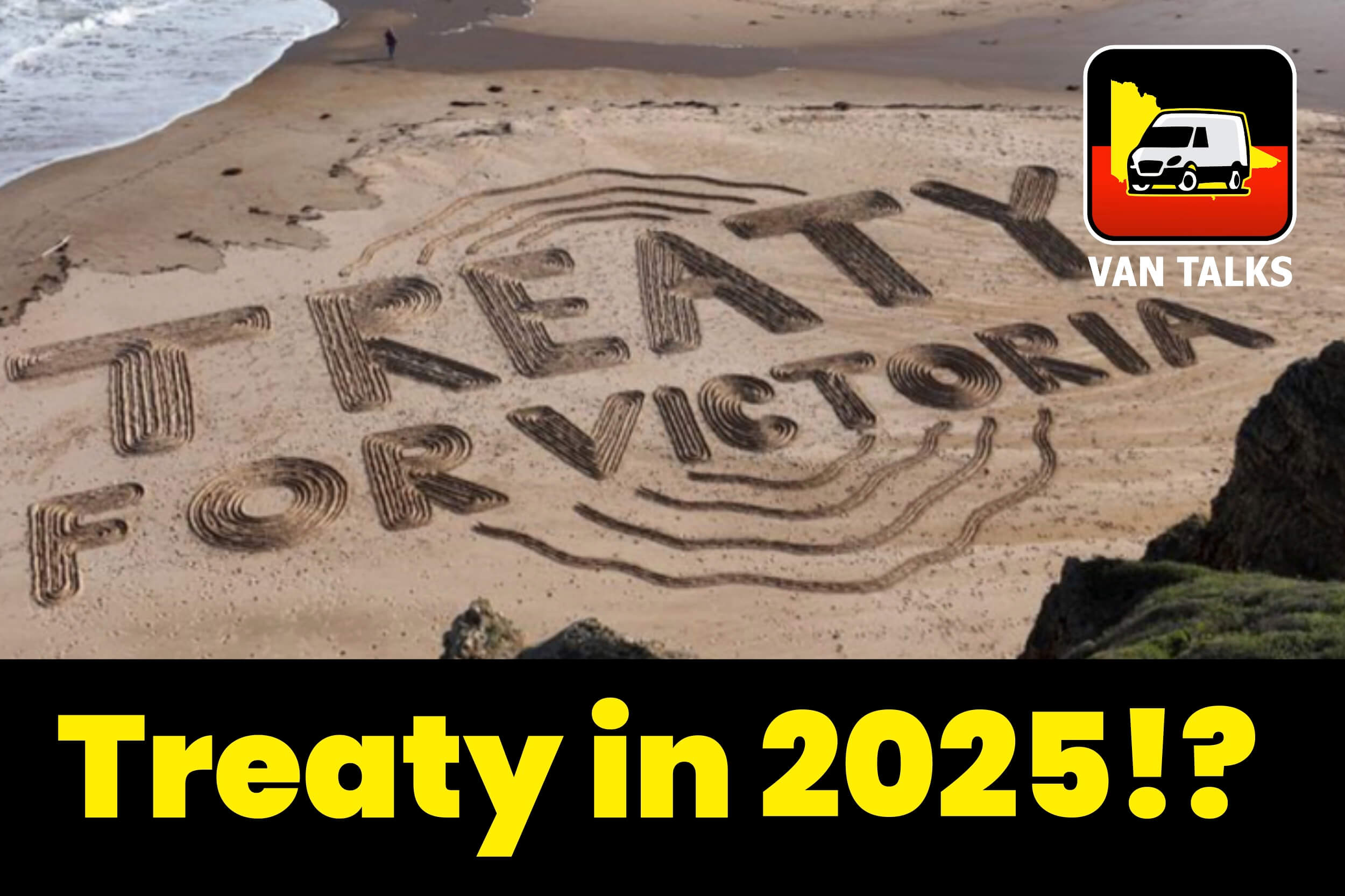
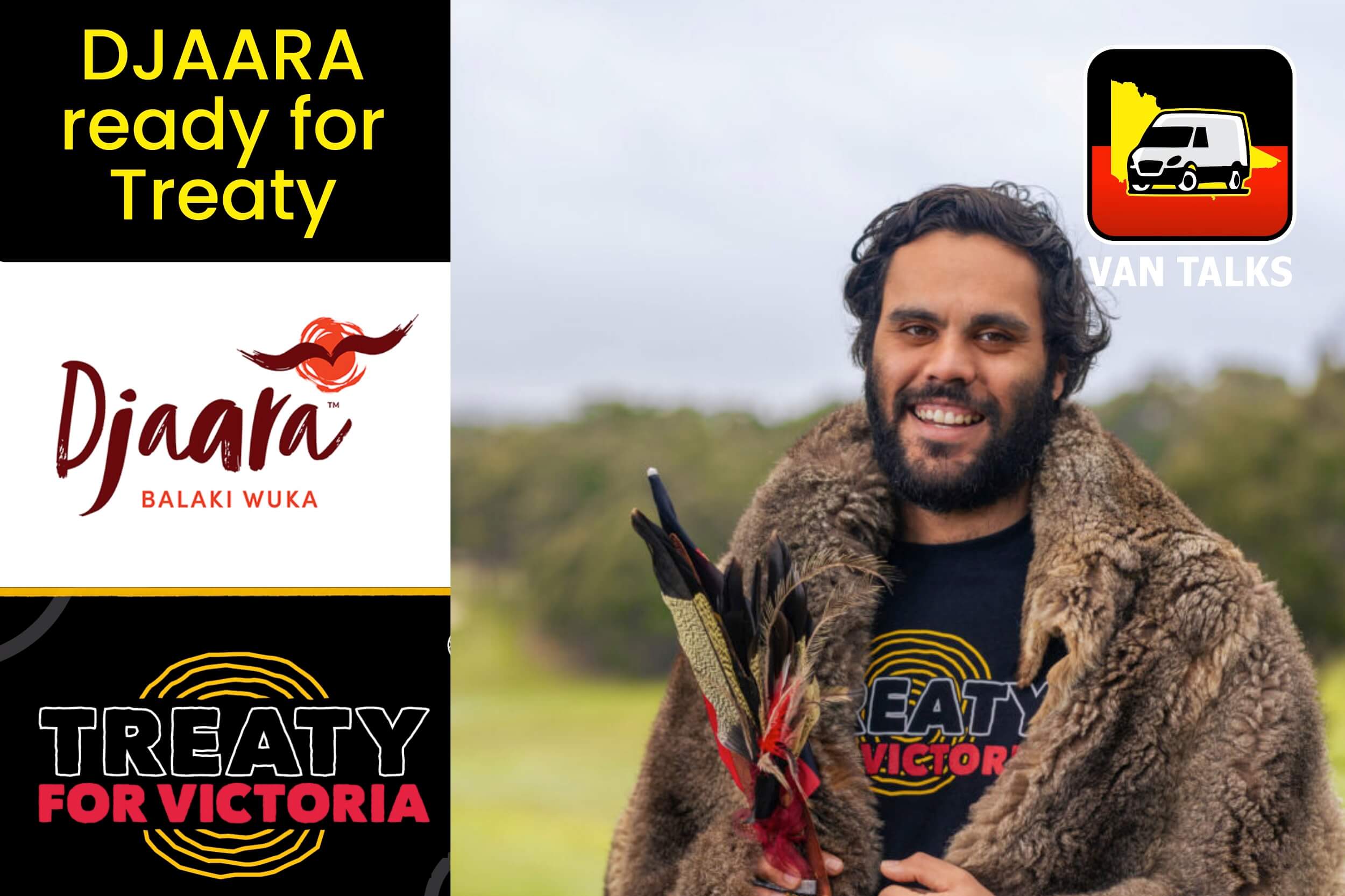
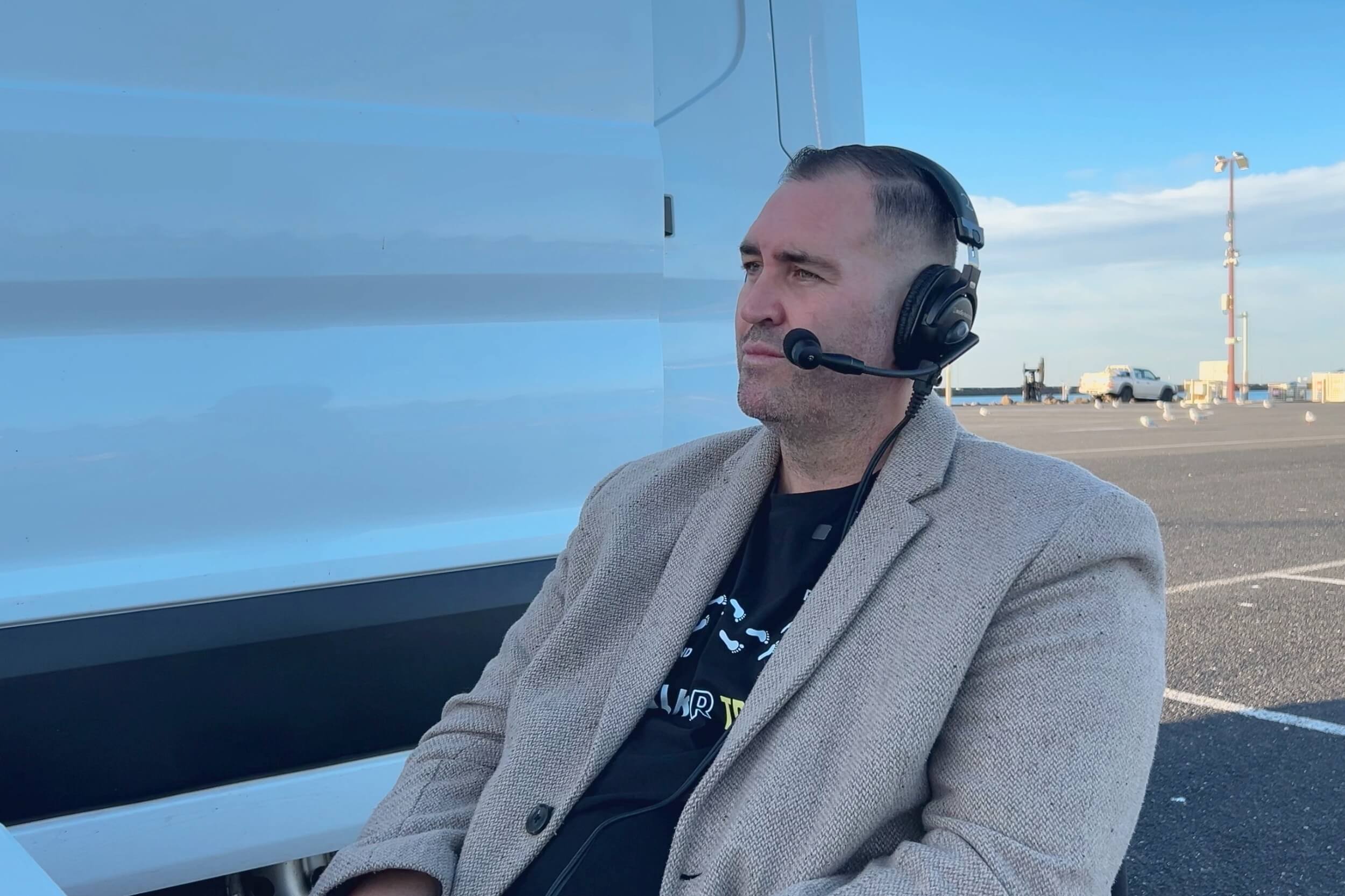
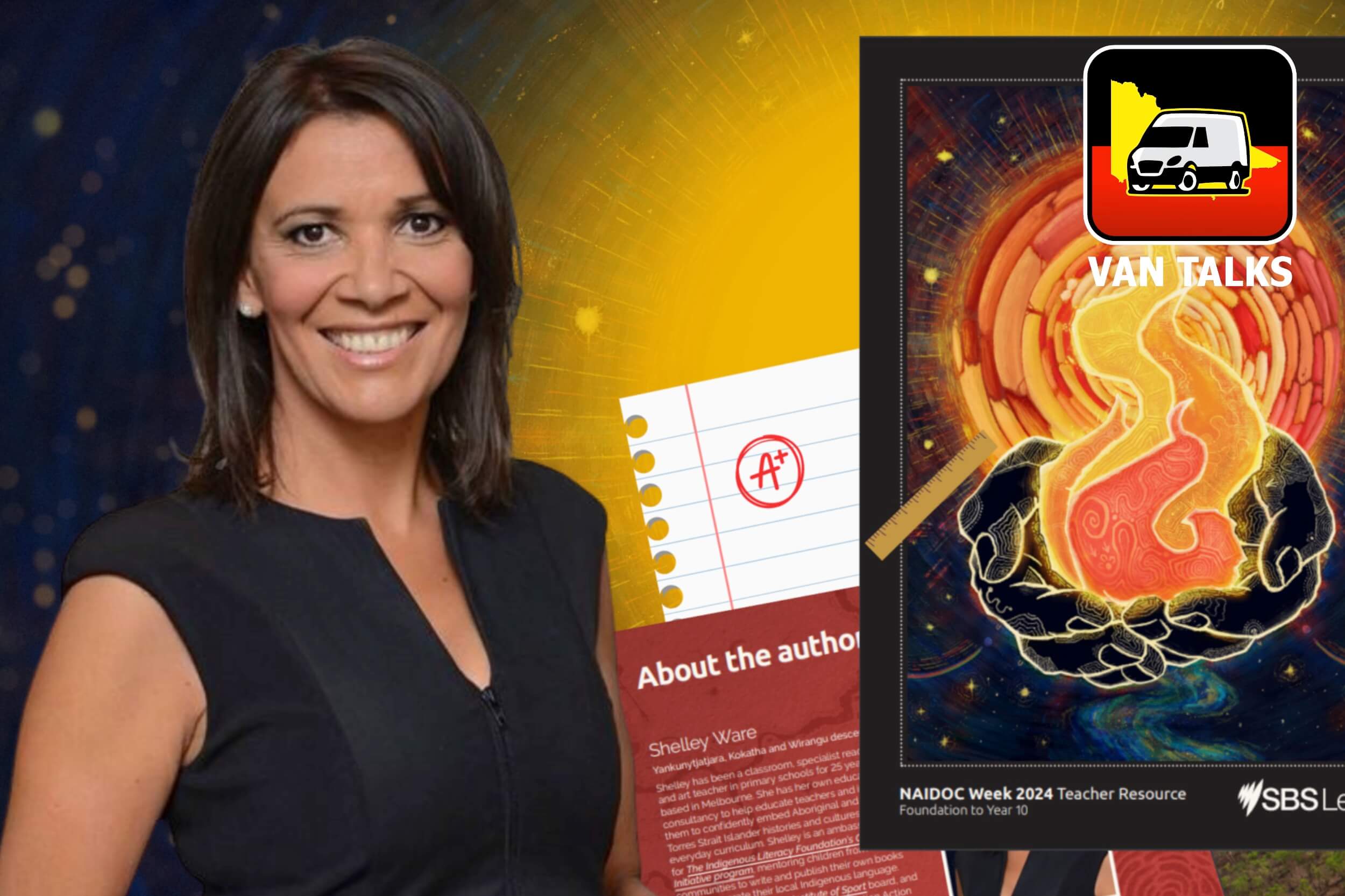
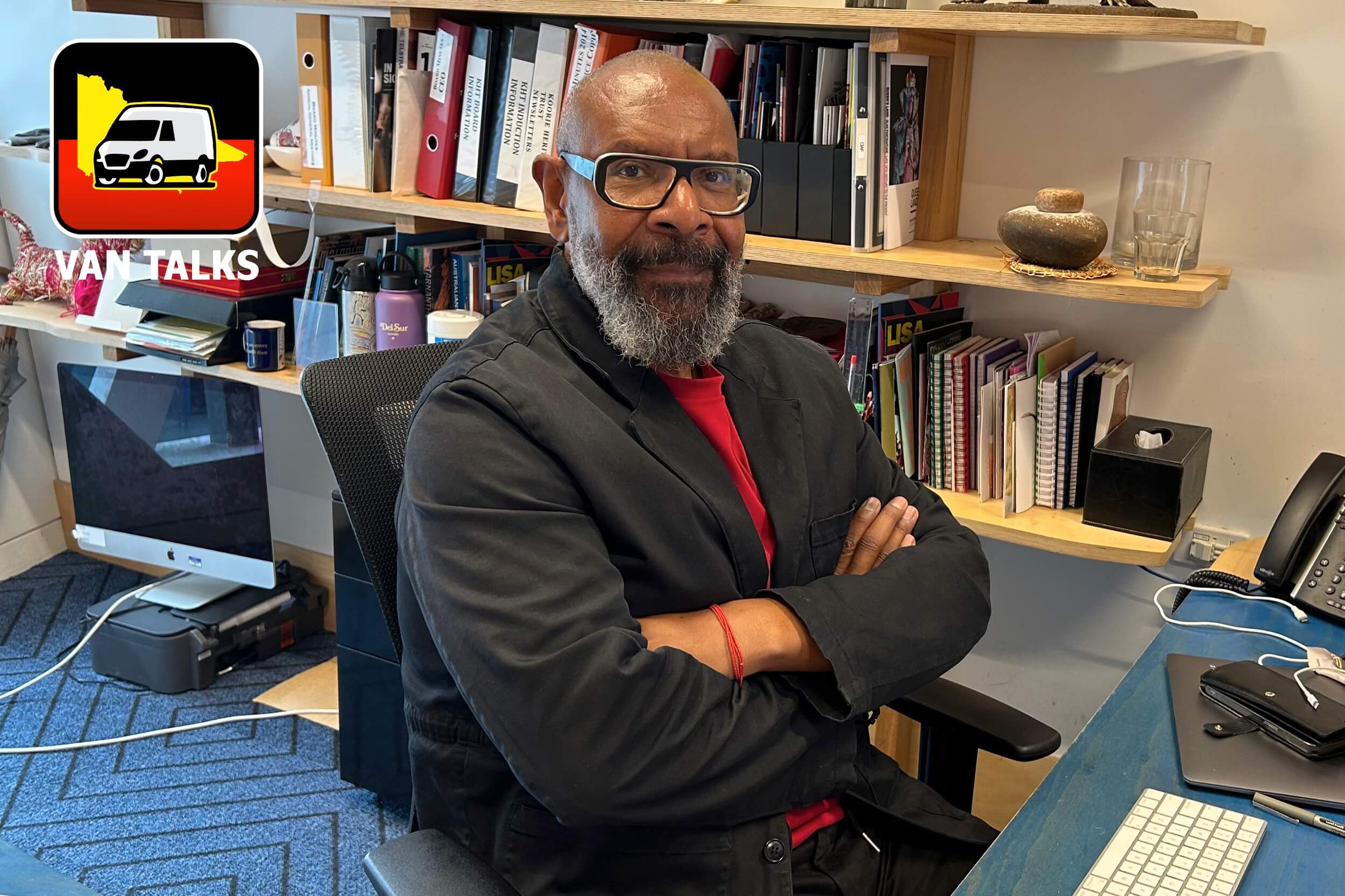

0 Comments